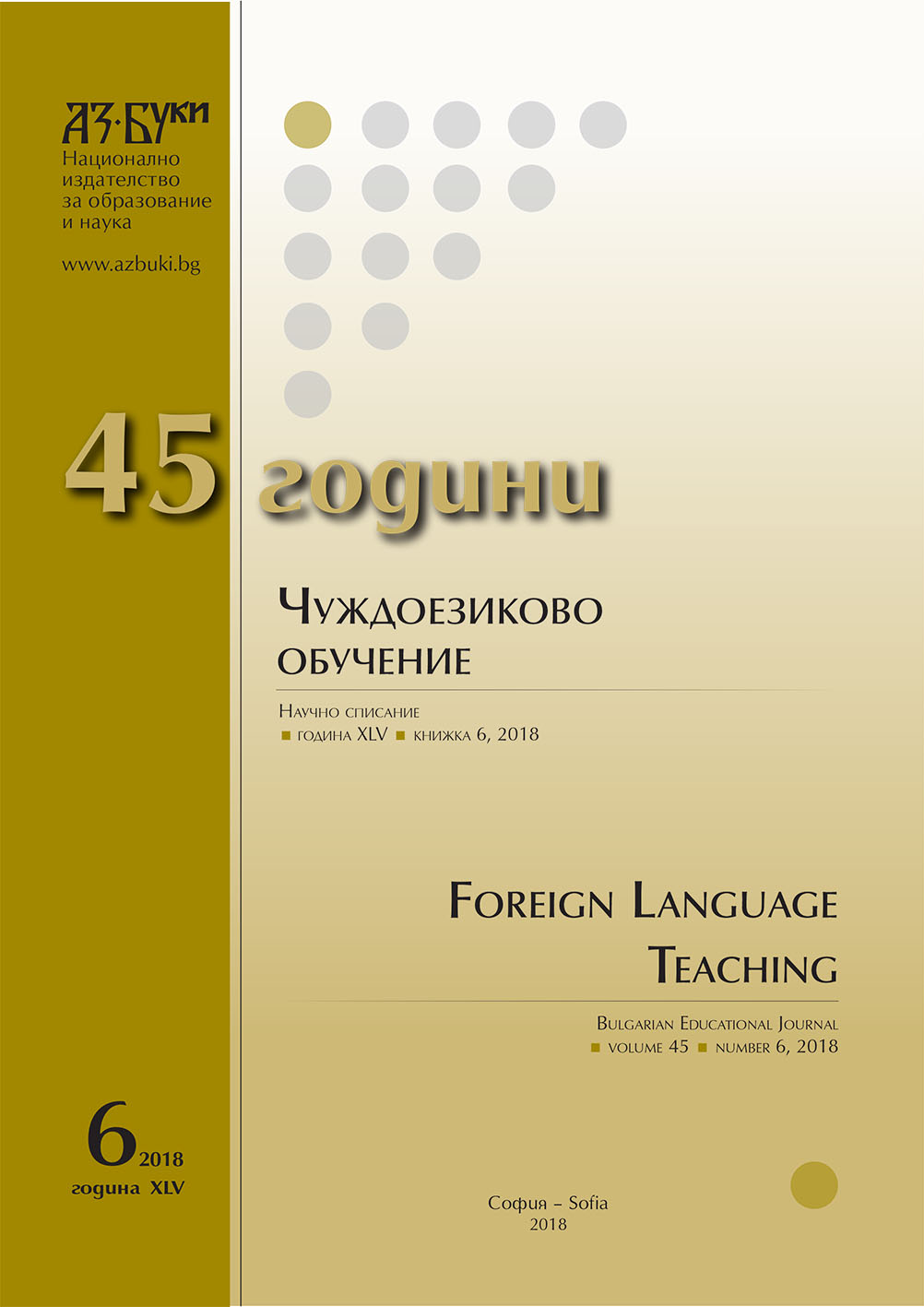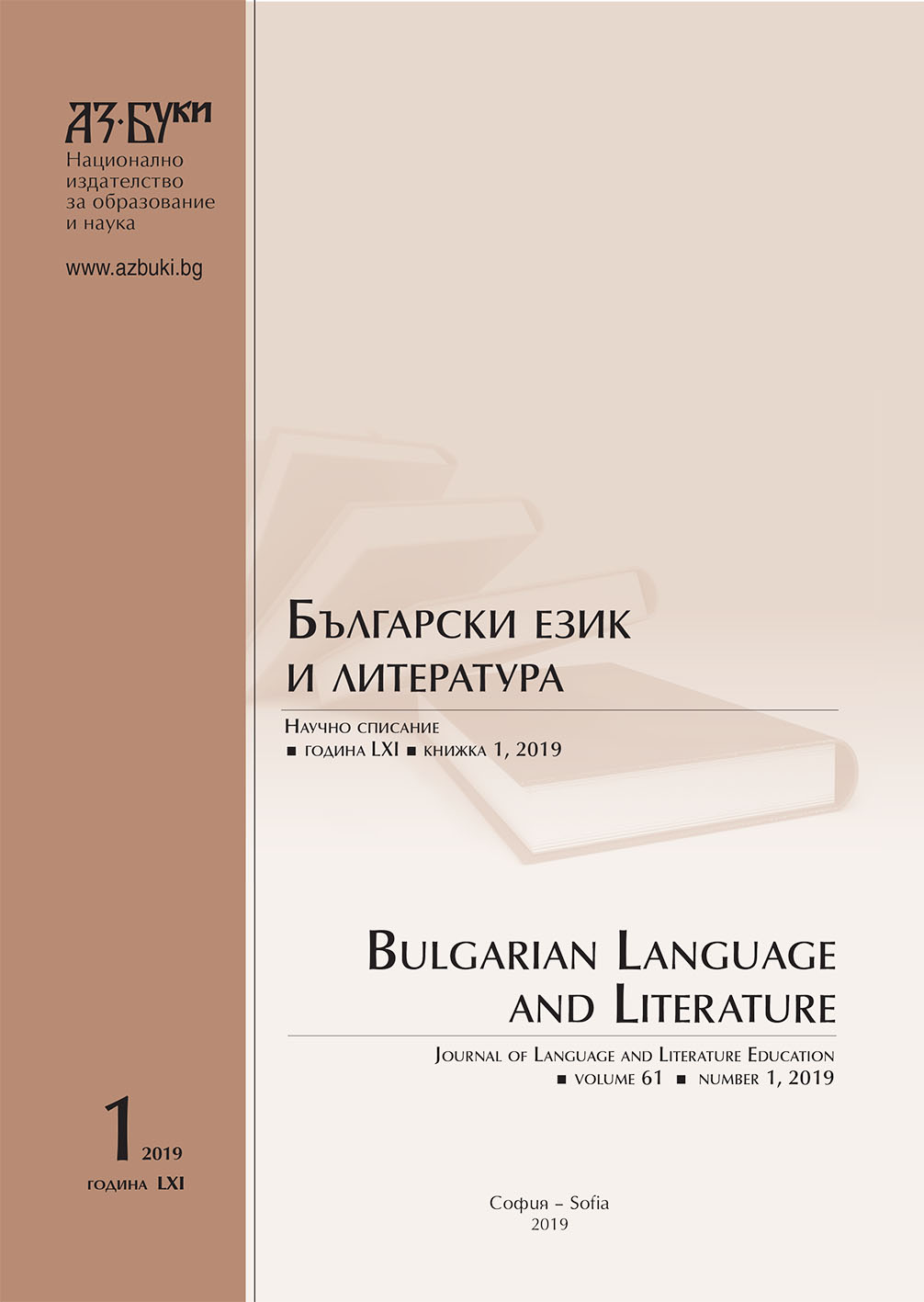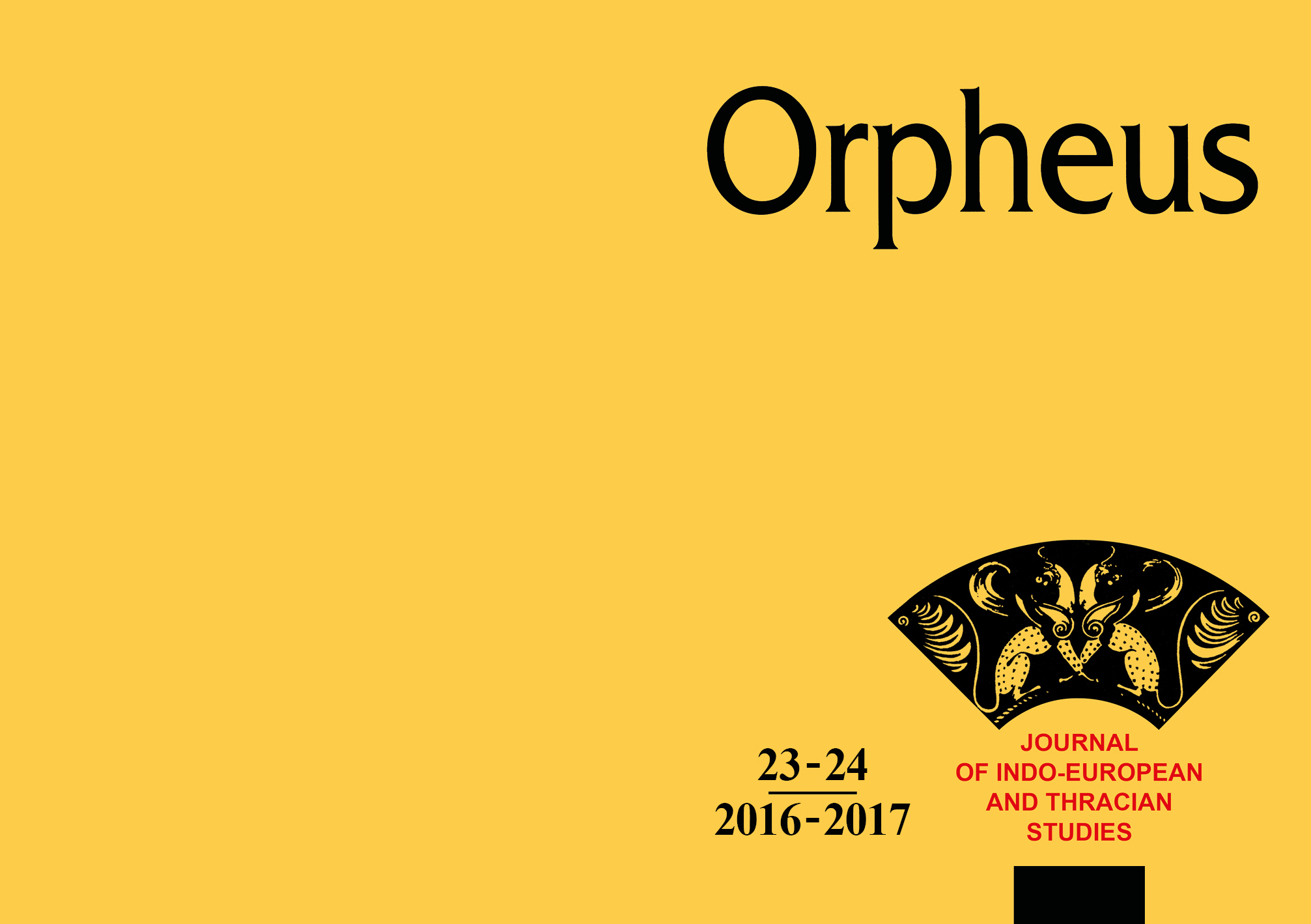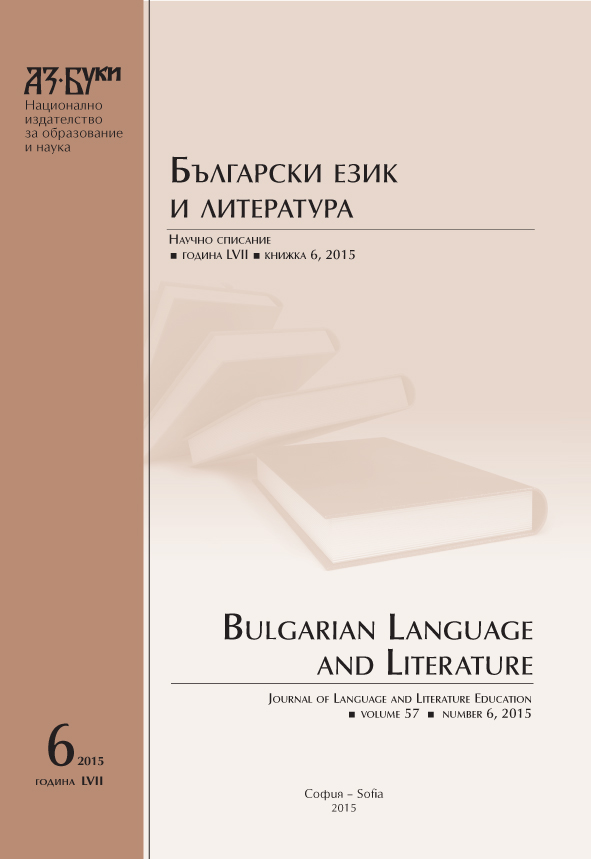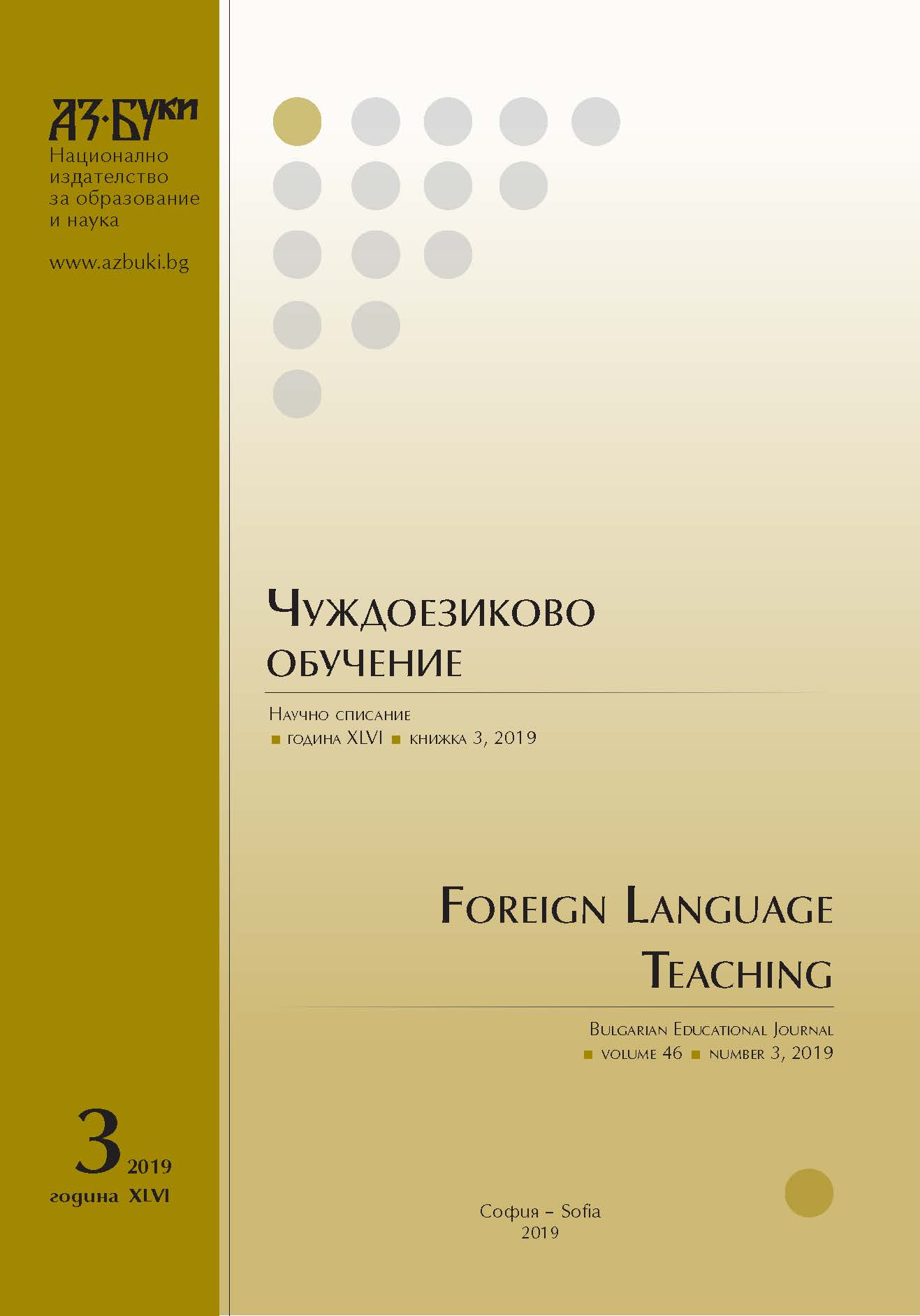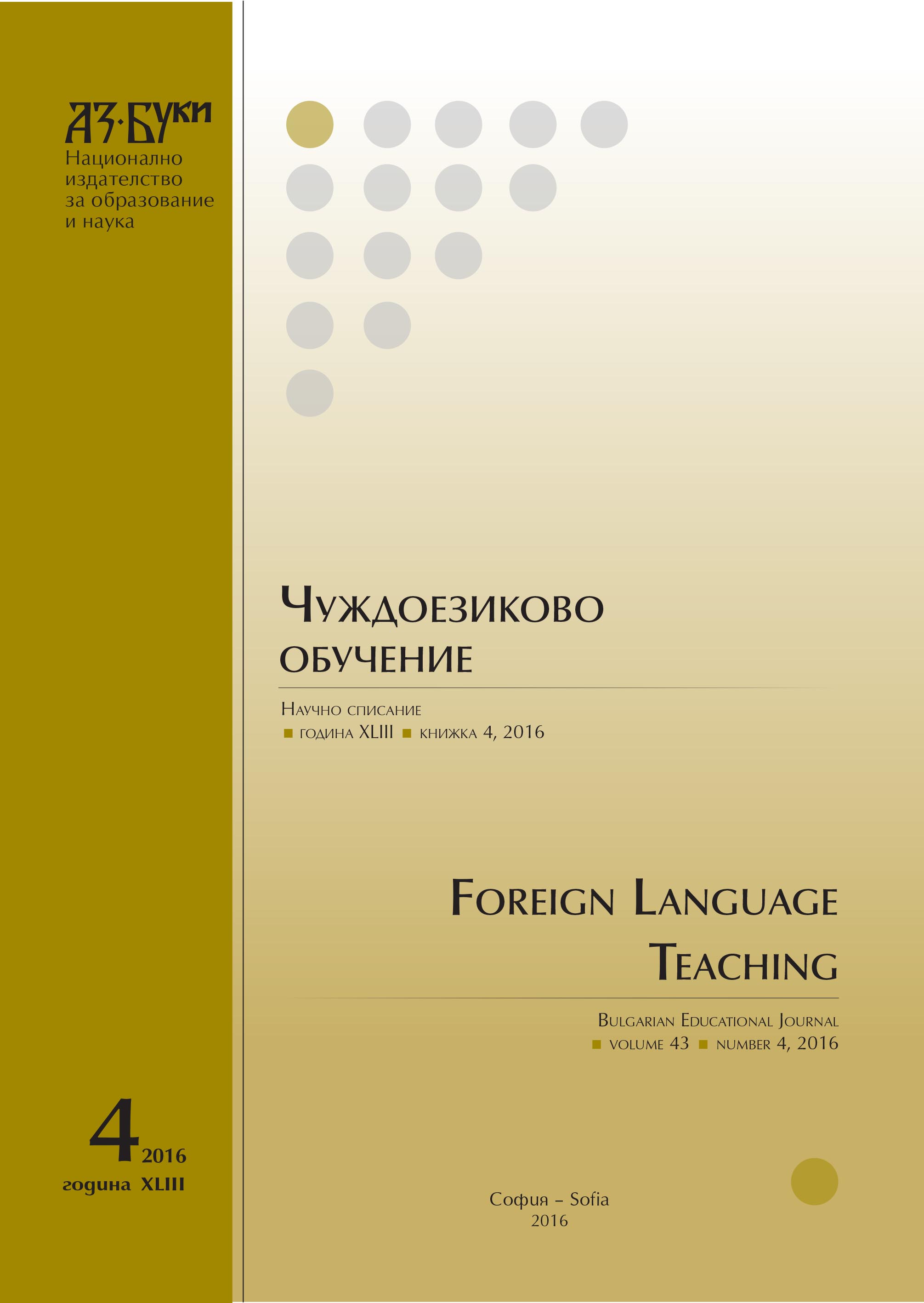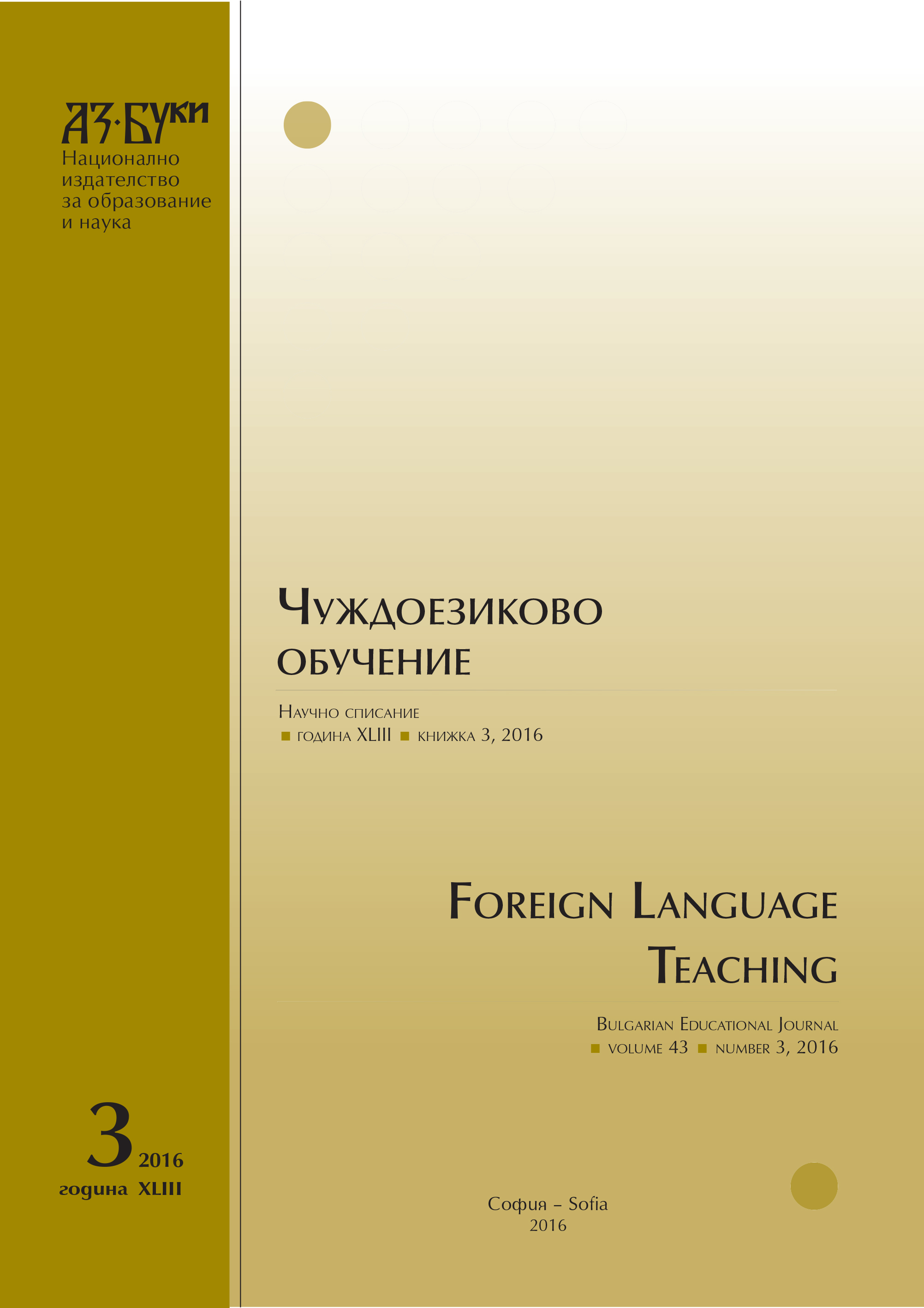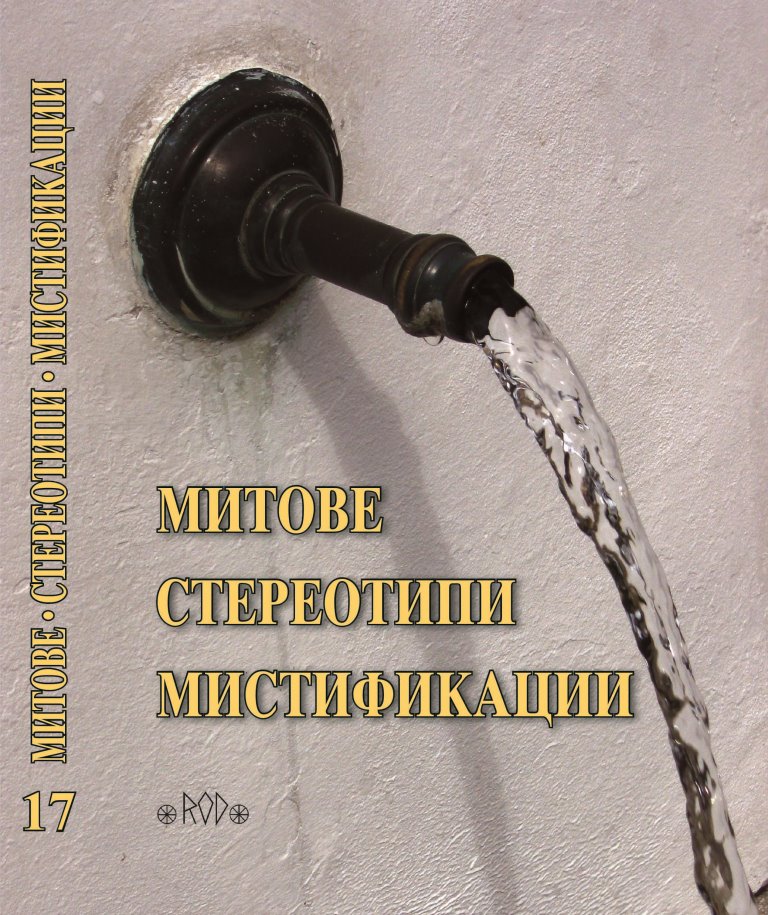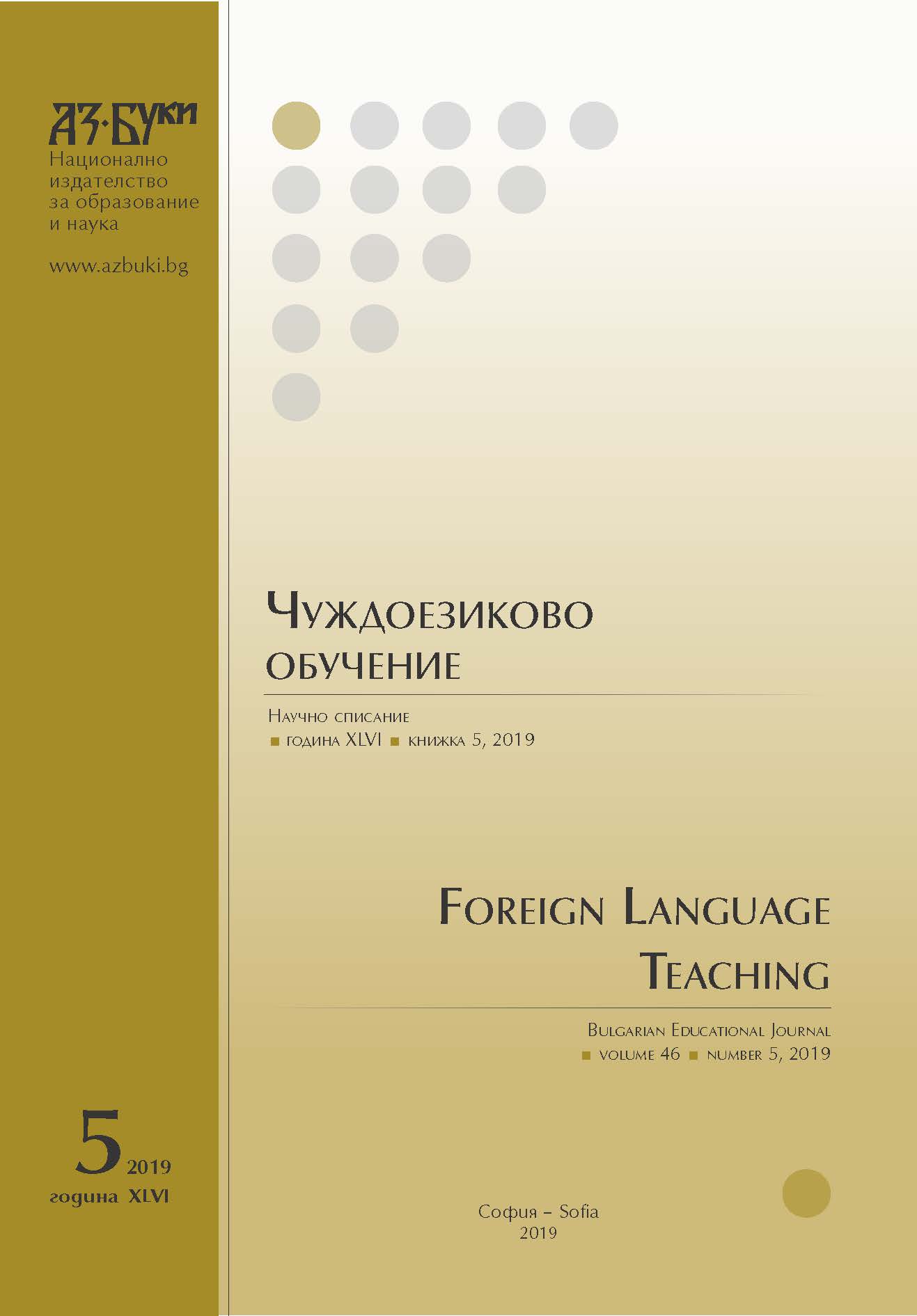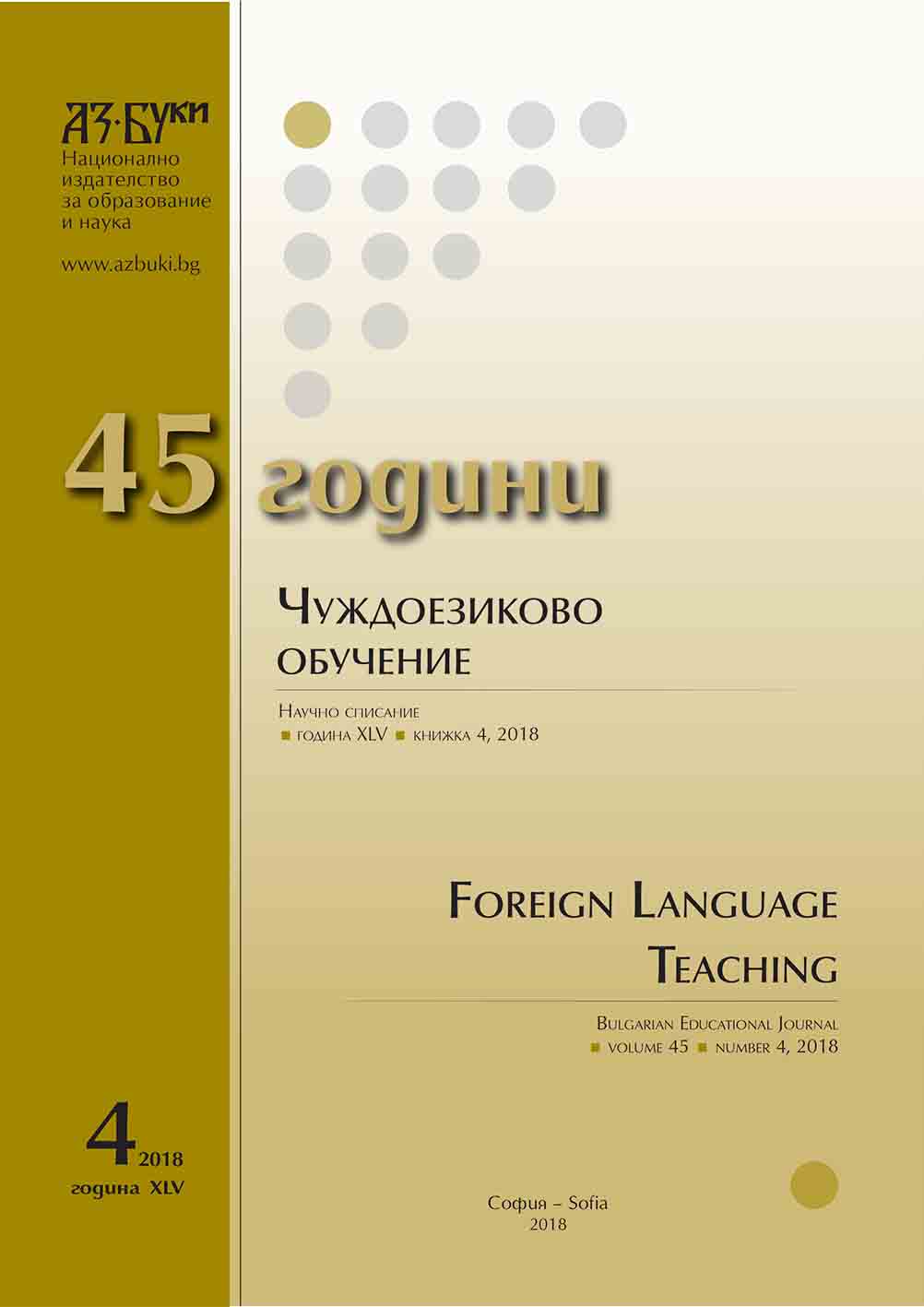
Калинка на уроке русского языка
The paper presents an example of using song and dance as an efficient approach to both linguistic and sociocultural competences. The focus is put on the ways of exploring the precedentаl text Kalinka. The case is considered as one of the main means of linguоcultural orientation in the practice of teaching Russian as a foreign language. The necessity to study such cases is defined by its active use and presence of cultural component determining the valuable priorities of Russian world view.
More...
